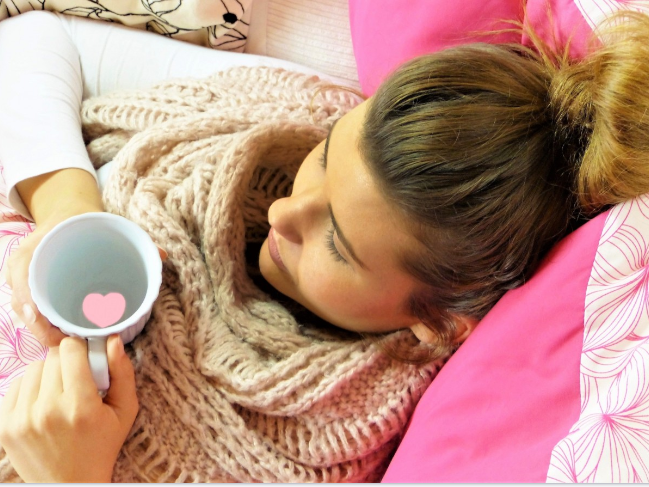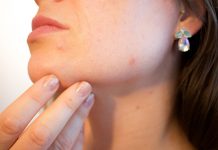Breast pain during menopause is one of the less well-known menopause symptoms. This is because many women also experience sore breasts during premenopause when they still have regular menstrual cycles.
But as Medical News Today points out, sore breasts during the menstrual years and breast pain during menopause can arise for different reasons.
In this article, we take a look at what causes sore breasts during menopause.
“breast pain is linked to changing hormone levels in a woman’s body “
Top Causes of Breast Pain During Menopause
As with most physical changes and menopause symptoms, breast pain is linked to changing hormone levels in a woman’s body.
When estrogen and progesterone levels begin to fluctuate and then decline, this can give rise to a number of symptoms that may feel strange or downright scary at first.
But sore breasts in and of themselves are not a cause for alarm.
As hormone levels become increasingly erratic, this can also cause the breasts themselves to change in shape or size. This is due to changing tissue composition, according to WebMD.

Once the milk-producing gland system is no longer needed, it shuts down and decreases in size as well as in density. This can cause breasts to sag – itself a potential cause for soreness – and change in shape or size.
Another common reason for breast tenderness during perimenopause is the formation of fluid-filled cysts or benign lumps. Here again, changes to tissue composition as well as fluid retention are often responsible for these changes and are linked to hormonal fluctuations.
How to Relieve Breast Pains
Finding relief for breast pain during perimenopause begins with identifying what is causing your sore breasts. For starters, the type of pain you have may shift from the tenderness of your monthly menstrual cycle to more of a burning sensation or even a sharp, stabbing pain in one or both breasts.
“breast pain is tied to your hormones and menstrual cycle”
It is important to discover the underlying causes of your pain as best you can, since some of the symptoms you experience may be directly linked to HRT (hormone replacement therapy), bra and clothing choices, dietary choices and also breast cancer.
As Healthline explains, breast pain can be cyclical (tied to your hormones and menstrual cycle) or non cyclical. When in doubt, it is always a wise idea to talk with your doctor and work together to eliminate possible causes until you feel certain you understand what is causing your personal breast pain, soreness or tenderness.
Then you can confidently begin to work towards relieving your discomfort.
Happily, you have lots of options today for alleviating breast soreness and pain. You may want to start with the most conservative treatments, including changing your lingerie (try to avoid underwire if you can) or wearing loose-fitting clothing.
Appropriate strengthening exercises for your chest muscles can also help to ease fluid retention and build muscle tone in your breasts following shrinkage of the milk-producing glandular network.

HRT (hormone replacement therapy) is sometimes prescribed to ease breast soreness, but it can also cause breast soreness, so you may need to experiment to see what works best for you.
The more you can avoid drinking too much caffeine or alcohol, reduce your salt intake, cease tobacco use and maintain a healthy diet, the more you may find your breast pain decreasing.
When to Seek Advice From Your Doctor
Because cystic or lumpy breasts can mimic breast cancer, if you detect any new lumps or bumps, your breasts appear to change in color, size or shape, you notice nipple discharge or your pain becomes severe, it is vital to talk with your doctor without delay.
“Menopause symptoms are different for each woman and yours will be unique to your lifestyle, choices, genetic makeup and family history”

As well, if the remedies you are trying are not providing you with the hoped-for results, this indicates it is time to revisit your treatment approach with your doctor.
Menopause symptoms are different for each woman and yours will be unique to your lifestyle, choices, genetic makeup and family history. Remember that no one else knows your own body better than you do.
In this process, it is important to talk with female family members and learn what worked for them in addressing sore breasts. But what matters most is to keep trying different strategies until you discover what works best for you.





















